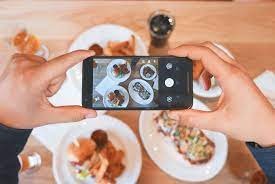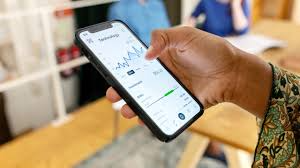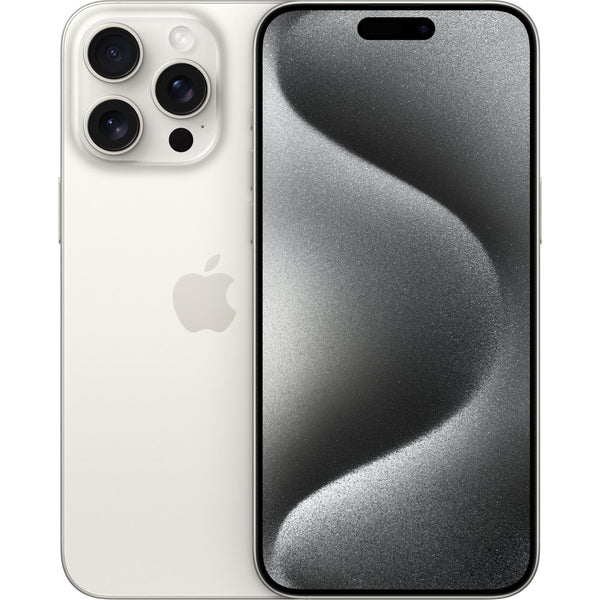Mobile phones have become ubiquitous in our daily lives, significantly transforming how we communicate, access information, and interact with the world around us. They serve as powerful tools that enable convenience and connectivity, but they also bring about challenges and concerns that are hard to overlook. In this post, we will examine the multifaceted impact of mobile phones, weighing their benefits against the potential drawbacks.
Introduction
Since the advent of the mobile phone, we’ve witnessed a revolution in personal communication. What began as a bulky, luxury item for the few has evolved into a sleek, powerful device that is a necessity for the many. Today, mobile phones serve as our lifelines to the digital world, providing a plethora of features beyond voice calls, from internet browsing to mobile banking. However, as with any transformative technology, mobile phones come with their own set of pros and cons. This post delves into both sides of the story, providing you with a balanced view of the impact mobile phones have on our lives.

1. Pros of Mobile Phones
Mobile phones have revolutionized the way we live, work, and interact with each other. The benefits of this technology are far-reaching and have undoubtedly contributed to the globalization and digitalization of our society. Here are some of the key advantages that mobile phones offer.
Instant Communication
The most significant advantage of mobile phones is their ability to provide instant communication. Whether through calls, text messages, or various messaging apps, people can connect with family, friends, and colleagues regardless of physical distance. This immediate form of communication has improved personal relationships, business operations, and even facilitated quick responses in emergency situations.
Access to Information
Mobile phones have become powerful tools for accessing information. With the internet at our fingertips, we can quickly look up facts, research topics, and stay updated with the latest news. The convenience of mobile internet access has transformed mobile phones into portable encyclopedias, maps, and news outlets all rolled into one.
Enhanced Productivity
The portability of mobile phones allows users to be productive on the go. The integration of features such as calendars, reminder apps, to-do lists, and document editing tools means people can manage their tasks and work from almost anywhere. This has given rise to flexible working arrangements and has helped balance work-life dynamics.
Educational Tool
Mobile phones serve as educational tools, providing access to a plethora of learning resources. Educational apps, online courses, and interactive learning platforms are all readily accessible, making education more inclusive and widespread. Students can learn new languages, prepare for exams, and acquire skills directly from their devices.

Convenience and Efficiency
The convenience brought about by mobile phones is unparalleled. From mobile banking to online shopping, a multitude of daily tasks can be completed quickly and efficiently. This convenience saves time and often reduces the need for physical transactions, which can be particularly beneficial in times of health crises, like the COVID-19 pandemic.
GPS technology in mobile phones has made navigation straightforward. With real-time directions, traffic updates, and public transport schedules, mobile phones have become indispensable travel companions that can help avoid getting lost and finding the best routes to destinations.
Health and Wellness
With features like step counters, heart rate monitors, and sleep trackers, mobile phones can play an essential role in health and wellness. They facilitate access to health-related information, enable telemedicine services, and encourage users to engage in healthier lifestyles through fitness and nutrition apps.
Entertainment
Mobile phones are not just communication devices; they are also entertainment hubs. Streaming services, social media platforms, games, and music apps provide endless amusement and have made it possible to carry a world of entertainment in our pockets.
Safety and Security
Mobile phones enhance personal safety by providing quick access to emergency services. Moreover, features like location sharing, real-time tracking, and emergency alert systems help individuals feel more secure when out and about.
Economic Opportunities
Mobile phones have opened up new economic opportunities, especially in developing countries. They enable small business owners to reach customers, process mobile payments, and conduct business remotely, contributing to economic growth and entrepreneurship.
Social Connectivity
Social media platforms on mobile phones help individuals stay connected with their social circles and communities. They facilitate the sharing of life events, ideas, and support networks, fostering a sense of belonging and community engagement.

2. Convenience and Efficiency
Streamlining Everyday Tasks
Illustration of how mobile phones simplify daily activities, such as shopping, banking, and managing schedules.
Work and Productivity
Analysis of how mobile phones have changed the workplace, enabling remote work, and increased productivity with on-the-go access to emails, documents, and collaboration tools.
3. Entertainment and Media
Multimedia in Your Pocket
Insight into how mobile phones have become our primary source of entertainment, offering games, music, movies, and social media.
Personalization and Content Creation
A look at how mobile phones empower users to create content, personalize their experiences, and share their lives with others through various platforms.

4. Cons of Mobile Phones
Overdependence and Addiction
Examination of the psychological impacts of mobile phone overuse, including addiction, distractions, and the inability to disconnect.
Privacy Concerns and Security Risks
Discussion of how the proliferation of mobile phones raises significant privacy and security concerns, with data breaches and surveillance fears on the rise.
5. Health Implications
Physical Strain and Ergonomics
Consideration of the health risks associated with prolonged mobile phone use, such as eye strain, “text neck,” and the potential impact of radiation.
Mental Health and Social Effects
Investigation of the effects of mobile phones on mental health and social relationships, including anxiety, depression, and the impact on in-person interactions.
6. Economic and Environmental Impact
The Cost of Connectivity
Analysis of the economic aspects, including the costs associated with mobile phones, such as the price of devices, data plans, and the digital divide.
Electronic Waste and Sustainability
Discussion of the environmental impact of mobile phone production and disposal, and the challenges of e-waste management and resource depletion.

7. Balancing the Pros and Cons
Setting Boundaries and Responsible Use
Advice on how to mitigate the cons while maximizing the pros through mindful use, setting boundaries, and employing best practices for privacy and health.
The Future of Mobile Phones
Speculation on how mobile phones might evolve and how future innovations could address current drawbacks while enhancing benefits.
Conclusion
The mobile phone has proven to be one of the most influential technological advances in human history. And to shaping our communication, work, and play. While it brings countless benefits that enhance our everyday lives, it also presents challenges that we must navigate with care. By understanding the full spectrum of pros and cons associated with mobile phones, we can make informed decisions about how to integrate these devices into our lives in a healthy and balanced way.

